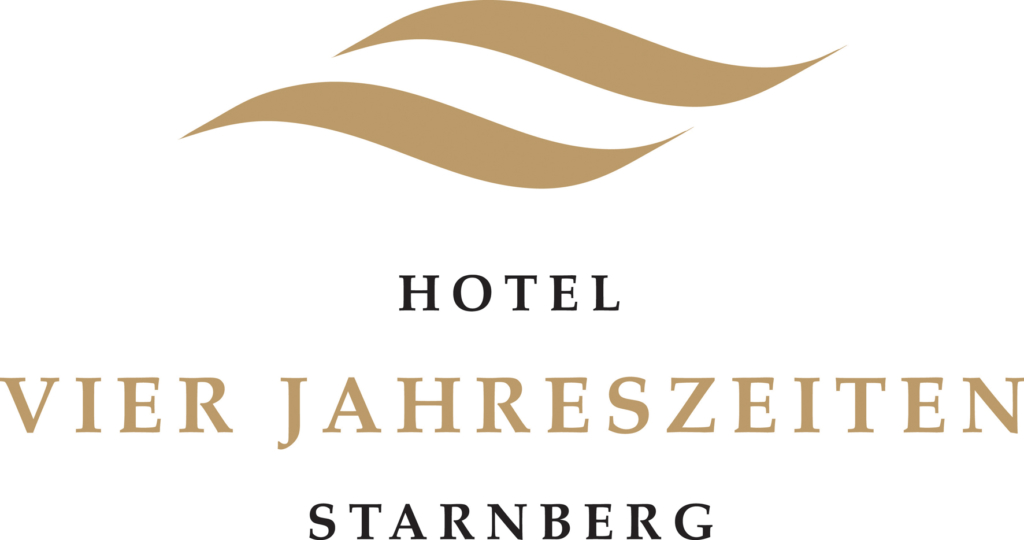It is a well- known and data backed information that technology has affected individuals and businesses to a considerable extent both in for advantages and disadvantages. The hospitality and travel industry is no exception. There has been enough debate on whether technology has benefited the travel industry or has harmed it more.
The Internet, technology solutions, software & hardware and communications modes have made the processes of travel industry a lot easier for every participant. Technology has brought efficiency, automation, customer intelligence with data, and more business opportunities to offer to different customer needs, fast development in the market, innovation in product and service offerings, traveler data and opportunity for new entrants industry calls them disruptors too. Airbnb (Uber as well) is a classic case; the concept of staying in people’s homes when traveling is not a new concept and dates back many centuries. Technology has been able to accelerate this to a fast-moving and easily accessible global phenomenon.
Thanks to technology and the internet, data is now available to everybody easily. Having said that, what adds value to the traveler is relevant and structured insights from this data, mixed with the right kind of intelligence and insights from it. This is where travel technology tools come handy.
Technology tools have played a pivotal role of the driver of this change of coming up with the right kind of traveler experience based on very specific customer needs and know-how of how these travelers want to see it, buy it and experience it. Mobility, monitoring of personal/social activity and especially predictive analytics are what will affect the new business opportunities and business models.
Key actions for what tour and travel companies to keep up pace with changing market needs –
• Mobile optimized website
• Easy to navigation and ease of booking
• High-resolution pictures for travelers to like your property and book directly on your brand website.
• Follow your guests on social media and communicate with them (likes/dislikes and reviews)
• Enable them to share their experiences with other prospect guests on relevant review and social media platforms
The travel industry is moving rapidly from traffic patterns to a web/mobile history where data is recorded, stored and analyzed to address individual traveler requirements. The future of travel is based on a combination of the following aspects:
• Organized Data: This is not limited to the gathering of data from multiple sources, but also arranging it in a right structured manner, to be utilized for business use. This will further enhance the capability of managing non-structured data to take it into use.
• Improved Service: A strategy to focus on improving the customer experience end to end – from digital self-service to human all service. Making it an absolutely fantastic experience for the consumer with a perfect amalgamation of technology and human touch.
• Real –time Data: Speed and freshness of the information outline its real value. Today the value data is in real- time. Customers want every information instant and latest- instant bookings, instant comparison, instant confirmation, instant cancellation. Thus, explains the expanding use of tools like RateShopper in Travel and Hospitality by the service providers. If consumers are making price comparison on Metasearch sites, then it makes all the sense for its providers also to understand the market dynamics and their competition pricing strategy.
• Analytics: Thorough understanding of consumer behavior through analytics, usage of customer predictive analytics and solutions on price optimization to maximize growth, profitability and customer experience are all necessary component for revenue management.
With all these benefits and abundant paybacks, users at both ends of this chain benefit, however, there is one challenge that travel companies face. With the wide spread reach of the internet, booking engines and online travel portals, OTAs, etc. to the traveler, travelers now are more educated from online research when they book with a travel company or a DMC.
Tour operators in order to be able to service this educated and aware traveler, need more skill & competencies to recognize the existing knowledge of the customer and still enhance their offering while completing their reservation. Which they will be able to achieve with tools and technology.
Having said that, despite all the technology at their disposal, all travelers still love having an expert help to sort out the complexities of planning their vacations.
It has become vital for traditional travel agencies to modernize their strategies in order to survive in the dynamic travel market. The modern day e-Commerce driven atmosphere helps them enhance their personalization, content, and efficiency to the market.
More than half of the travel companies believe that even with all these challenges, technology has truly proved to be a blessing for the industry since it helps to stimulate the personal touch and manage travel transactions of different permutation & combinations. Travel agents are still responsible for almost 77% of the total cruise bookings, 55% of air travel bookings and 73% of travel package bookings., as per Questex Travel Group.
According to travel companies, the growth and progressions in technology have helped to enhance communication, convenience, productivity, the speed of business, marketing and revenue.
The traditional travel companies and tour & packages operators no doubt will see further evolution as technology continues to advance every single day. As long as demand for packaged travel remains, there will still be a place for travel companies/OTAs both online and off. Technology will go a long way in fulfilling this demand for consumers at both the ends.
 Deutsch
Deutsch Português
Português Italiano
Italiano Espanol
Espanol čeština
čeština ไทย
ไทย Français
Français

